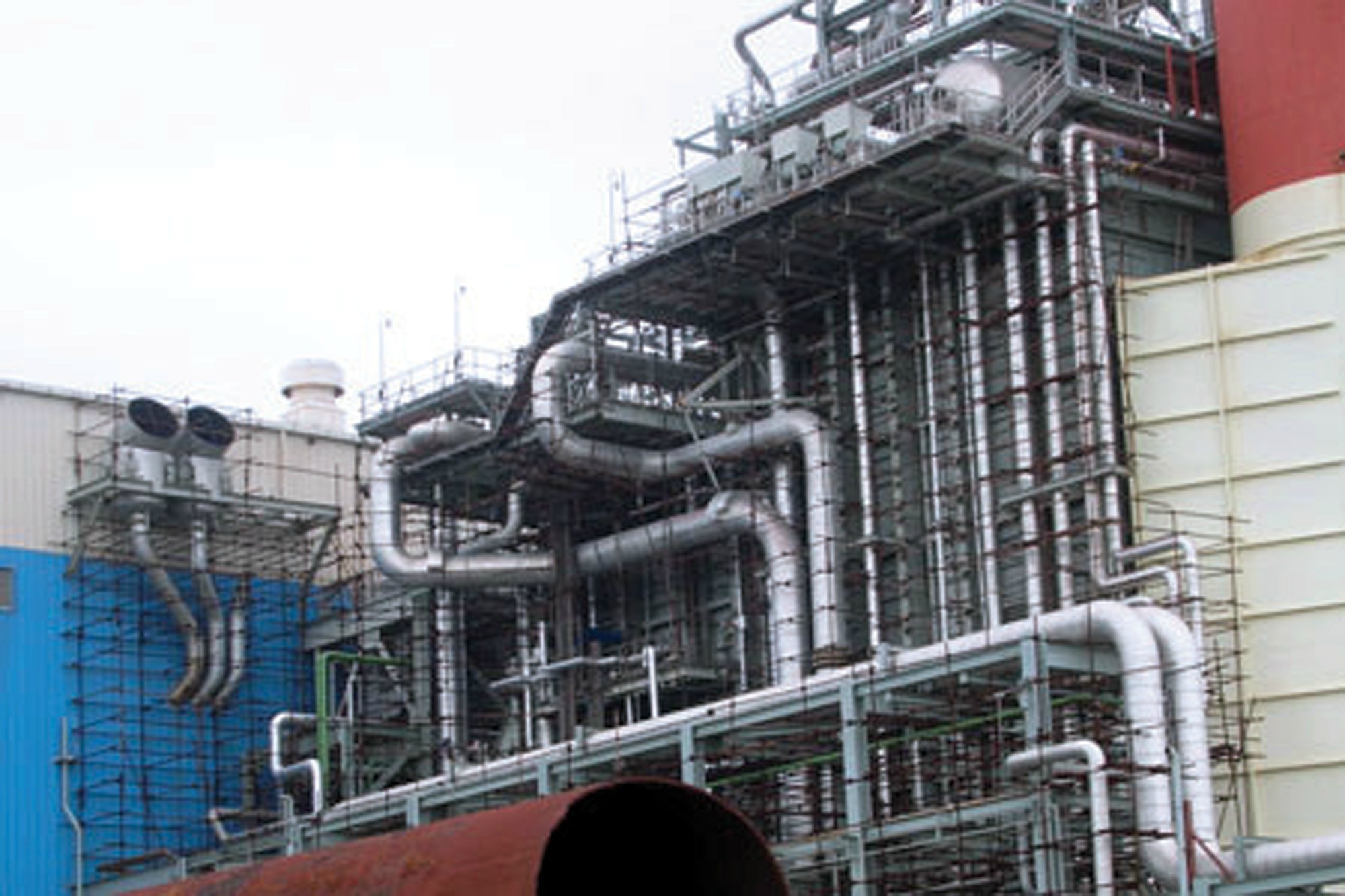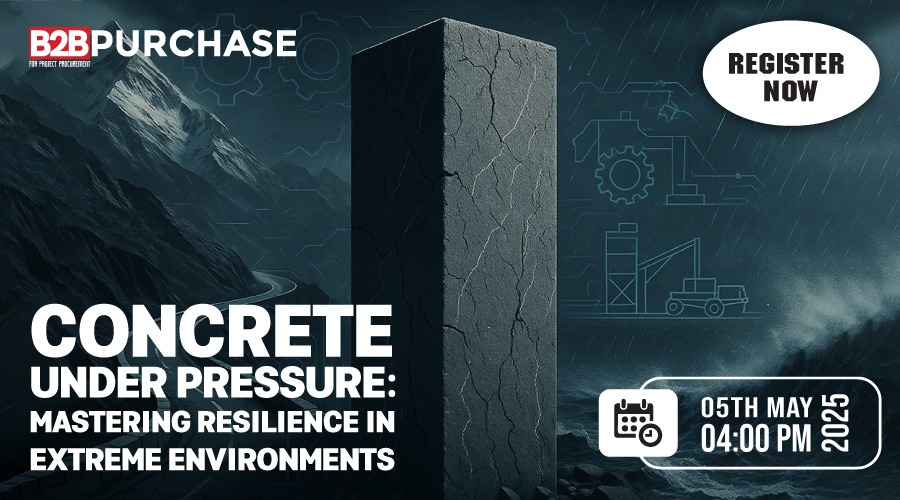ZINCALUME steel jacketing for thermal insulation
By Edit Team | February 9, 2017 9:09 am SHARE

ZINCALUME steel meets the growing demands of a changing built environment for durability, resilience and sustainability. It is designed not only for the distinctive architectural applications such as roofing panels, wall panels and metal tiles, but also other special applications where corrosion resistance and longevity are of top priority. The thermal insulation for piping especially in processing industry, plays a vital role. It is highly imperative to maintain the required temperatures of fluids or gases. In applications like hot / cold insulation properly designed ‘Insulation System’ enables achieving targets set through energy conservation, implementing the designed insulation system, through best erection practices at work site.
Typically the material used for jacketing are aluminium sheet, aluminised steel, stainless steel, zinc coated steel and 55 per cent aluminium-zinc alloy coated steel. ZINCLAUME steel is preferred material due to its excellent impact resistance, higher strength, flexibility and excellent corrosion resistance and economical in some of the processing industry requirements. The 55 per cent aluminium-zinc alloy coating provides both the long term corrosion resistance of aluminium along with the galvanic protection of zinc at scratches and cut edges.
ZINCLAUME steel jacketing outlasts regular galvanised steel in marine salt spray and industrial atmospheres for a long lasting installation. It provides superior fire resistance and protection compared to aluminium. The special alloy coating of aluminium and zinc combines the best properties of both metals; it has the corrosion resistance, high temperature oxidation resistance, and heat reflectivity of aluminium with the formability and galvanic protection of cut edges (typical characteristic of zinc).
ZINCLAUME steel roll jacketing is primarily used as a thermal insulation jacketing over piping and equipment when the design considerations require greater fire resistance than that offered by aluminium, but at a cost that is less than stainless steel. However, it is not recommended for harsh acidic chemical environments. It is recommended that it should not be allowed to come in contact with lead, copper or water run-off from any copper source. There shall be no contact with cement or concrete at any point.
The pipes are either insulated with Rockwool, or, Poly urethane foam as per the process requirement (please refer the cross section of pipe jacketing). It is recommended that the density and thickness of insulation shall be carefully calculated so that the temperature transmitted to external jacketing shall not exceed more than 45 C to 50 C. Though ZINCALUME steel can perform up to 350 C before alloy metallic coating embitterment occurs but the resin will flash off by 200 C. Hence, it is recommended that in no case the temperature on external ZINCALUME steel sheet shall be more than 150 C for better performance of the product.
Prominent players in insulation jacketing business like Lloyd insulations have comprehensive competence to execute industrial Thermal insulation projects on turnkey basis that live upto international standards. With an expertise in design, fabrication, supply and installation of advanced insulation, they cater to the special, individual requirements that the projects demand. They have consistently partnered with Tata BlueScope Steel for sourcing the best material for their special requirements.
Authored by
Mahendra Pingle
DGM – Market Development (Coated Steel),Tata BlueScope Steel Limited.
Cookie Consent
We use cookies to personalize your experience. By continuing to visit this website you agree to our Terms & Conditions, Privacy Policy and Cookie Policy.






































-20240213125207.png)

























